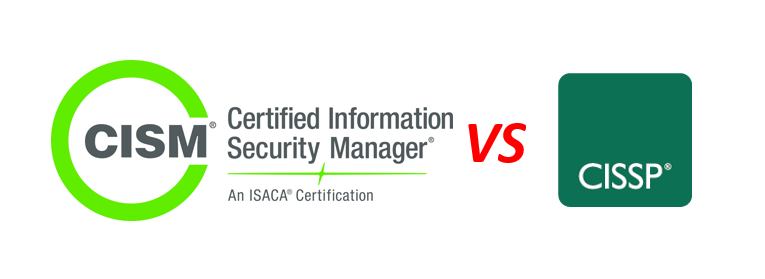
Once you graduate from college you may find yourself thinking, “Now what?” Even in your senior year of college it still feels like you have so much to learn.
That’s part of the reason so many people choose to continue their education with a master’s degree or industry certifications. Not only does it look good to have more letters after your name, but it expands options on your cybersecurity career path.
But how do you do that? How do you figure out if a master’s program is for you, what certifications to seek out, and if it’s all worth it? You read this post.
Start learning below.
Why Cybersecurity?
If you’ve been paying attention to the news cycles the past couple years, you know that data breaches are serious things.
With a cybersecurity degree and advanced certifications, you can be the person that prevents that from happening. Working in cyber is like being a computer superman.
Job Security
There are other benefits than being able to come to the rescue. Cybersecurity specialists have a great job outlook. As long as society uses technology, they have job security.
In fact, there will be a shortage of two million cybersecurity jobs by this time next year. That’s two million jobs employers are desperate to fill.
The more desperate employers are, the better it is for you as a potential employee. When they’re in need, they’ll offer you better benefits and even higher salaries.
By 2021, the number goes up to more than three million. That’s a lot of opportunities
Livable Wages
Once you’ve gotten the cybersecurity certification you need, you can expect more than a livable wage. The averages for a cybersecurity specialist range from $60,000 to $120,000 depending on the location.
Remember that job need we mentioned above? Right now people are willing to pay premium salaries and signing bonuses to get bodies into their vacant seats.
Flexibility
Once you have your certifications and some job experience, you can easily switch sectors. Don’t like working in network security? There are only a few certifications you need to switch to encryption or penetration testing.
It’s not like you need a different degree for every section of cybersecurity, like in more traditional sectors.
Cybersecurity Career Path: More College or Not?
Sometimes, after four years of college, committing to more school seems daunting.
In other cases, it seems less daunting than venturing out into the real world. When people ask themselves if they want to go to grad school, they don’t know what questions to ask.
It’s overwhelming and they don’t know where to start. Here are a few questions to take the edge off.
Can you stomach more time?
If you’re tired of school and can’t do one more homework assignment, grad school may not be for you.
You can take a break from school and defer for a year, but if you hate school – don’t torture yourself.
Can you get in?
The graduate school admission process is more competitive than undergrad was. There are fewer spots, less money from the government and more competition.
Could You Get Cybersecurity Certifications?
Instead of spending the time to take graduate admissions exams, pay the fees, and do the apps, could you get cybersecurity certifications online?
There are accredited sites and institutions on the internet that can up your hire-ability. In most cases, you can attend the courses from home and be pickier about the exact courses you take.
If you know what area of cybersecurity you want to work in, you can find certifications specific to your goals.
Certification programs are cheaper than traditional graduate school and increase your marketability.
Can You Afford It?
Online certifications are cheaper than grad school and they won’t make you take any general education courses
However, some people learn better in a classroom environment. You know the type of learner you are the best. Is having hands-on in-person guidance a better learning environment for you? If so, skip the online course and attend the certification course in person. Typically, the only price difference would be your travel costs, if travel is required.
Do the Work
Whichever direction you decide to go for furthering your education, you need to do the work.
If you’re getting a cybersecurity certificate from online, block out time and discipline yourself so you’re studying every day in preparation for the exam.
If you’re going to graduate school, go to class. Do your readings – your career isn’t something you want to slide by on.
Set Your Sights High
Once you’ve got your certifications or graduated with a master’s degree, don’t undersell yourself when you’re job searching.
If you’re missing one of the qualifications someone wants but you have all the others, they may be willing to work with you. If you don’t apply, you’ll never know!
Cast a wide net, but don’t let that make you sloppy with your applications.
Apply to each job and write each cover letter like it’s your dream job. You never know what you’ll come back to in the future.
Land Your Dream Job
Once you’ve applied, be polite and only accept offers for interviews where you want to work. It’s OK to have a backup job, but don’t give employers the idea that you’re on board if you’re not.
Do your due diligence and send thank you notes after interviews. Showing your soft skills in the IT industry is important too!
Use Trustworthy Sources
If you’re taking certification courses online, don’t waste your time on unaccredited and poorly reviewed providers. Do your homework. Call the organization and speak with them about your concerns. Read reviews and see if they offer an exam pass guarantee.
Contact us with questions about your cybersecurity career path. We are here to help.













